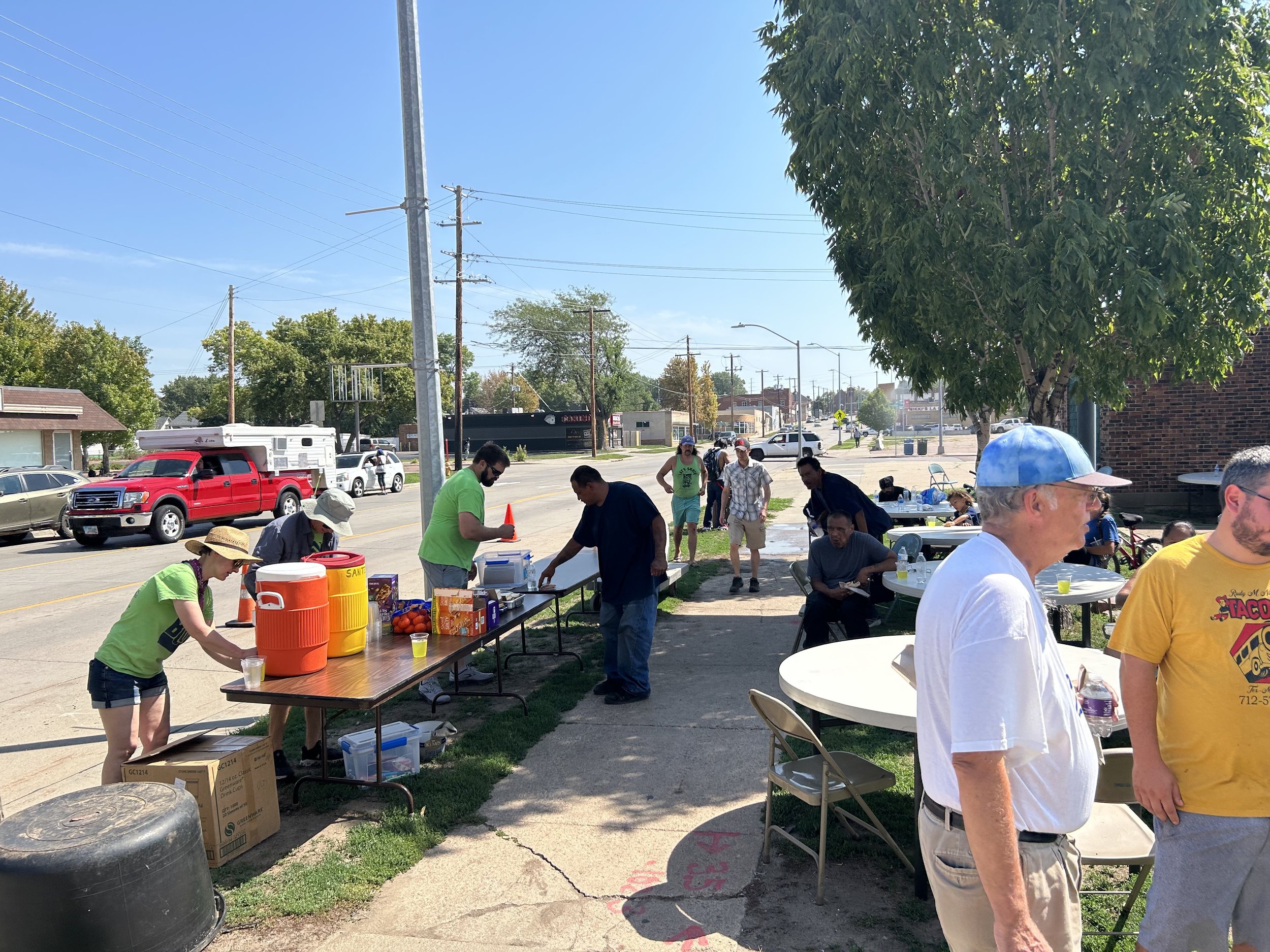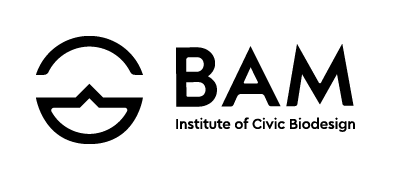
Events Projects Competencies
Events | Projects | Competencies
At the heart of the BAM Fellowship are three interconnected elements—Events, Projects, and Competencies—each designed to provide a holistic and impactful learning experience. Together, they ensure you’re not just learning but actively applying and mastering Civic Biodesign principles in meaningful ways.
Events
What Are Events?
Events are immersive, in-person experiences designed to inspire, build solidarity, and synchronize cohorts. These gatherings act as a cornerstone for the fellowship, fostering collaboration, creativity, and shared purpose.
Key Features
Format: Typically a weekend, plus an extra day on either side.
Activities: Includes presentations, group projects, discussions, debates, breakout groups, reflection times, rituals, celebrations, and shared meals.
Community Integration: Many events feature a “community day,” inviting locals to engage with fellows through public presentations and mingling.
Purpose
Events inspire fresh ideas, synchronize progress across modules, and create opportunities for collaboration. They also serve as a space for fellows to align on co-projects and share milestones.
What to Expect
Frequency: One event per quarter, with potential for multiple hubs in the future.
Pre/Post Work: Light preparation or follow-up work (~40 hours), such as reading or research.
Attendance Requirement: Full attendance is mandatory for event completion; eight events are required for graduation.
Future Flexibility
As the fellowship evolves, fellows may identify alternative events, such as conferences or design weeks. Senior fellows may also lead event planning as part of their projects.
Projects
What Are Projects?
Projects are embedded, real-world applications of Civic Biodesign. They range from interdisciplinary studies to pilot programs or specific stages of larger initiatives, all designed to address real challenges in a fellow’s community.
Key Features
Format: Projects can be done individually or in groups, often involving collaborators from a fellow’s civic network.
Flexibility: While multiple projects can be undertaken at once, fellows typically complete one project per quarter.
Completion Requirement: Eight projects are required for graduation.
Support and Structure
Coaching: Coaches help design, monitor, and assess projects through regular contact cycles:
Weekly: Light updates via any medium.
Monthly: Deeper check-ins via call or video meeting.
Quarterly: Summative evaluations and assessments.
Anticipating Challenges: Projects are expected to encounter failures, delays, and reroutes. Success is measured by learning and application, not just outcomes.
Evaluation: Projects undergo a 360° assessment, including self, network, and coach evaluations.
Documentation
Fellows must document their process and outcomes according to BAM protocols, creating a clear record of progress and lessons learned.
Competencies
What Are Competencies?
Competencies are specific areas of learning that fellows demonstrate mastery over. They are tailored to each module’s focus and aligned with each fellow’s project and developmental goals.
Key Features
Size: Competencies are small, manageable tasks, typically requiring 10–20 hours of work.
Customization: Fellows select competencies in consultation with their coaches to ensure relevance and challenge.
Requirements: Fellows complete nine competencies per module, for a total of 72 across the program. Six are predefined in Module 1.
How It Works
Standard Outputs: Each competency has defined outcomes to demonstrate proficiency.
Evaluation: Assessed by a coach, Subject Matter Expert (SME), or someone from the fellow’s civic network.
New Competencies: Fellows can propose new competencies, which must be approved by their coach and the curriculum committee.
Categorization and Integration
Competencies are categorized using hashtags for organization and relevance:
Domains: Knowledge, character, or skill.
Systems: Civic, biodesign, or ethics/values.
Relationships: Self, community, or world.
Mission Values: Emergent, whole-system, regenerative, immersive, or embedded.
Select external courses from BAM affiliates may also substitute for clusters of competencies, providing additional flexibility and integration opportunities.
How They Work Together
Each module integrates these three components:
Events provide the inspiration and collaborative foundation.
Projects bring theory to life through real-world application.
Competencies ensure targeted skill development and measurable growth.
Completion of all three elements within a module leads to certification for that module. By the end of the fellowship, you’ll have attended eight events, completed eight projects, and mastered 72 competencies—each an essential step toward becoming a Civic Biodesigner.
